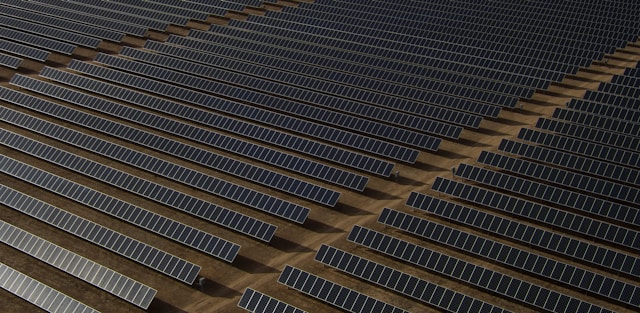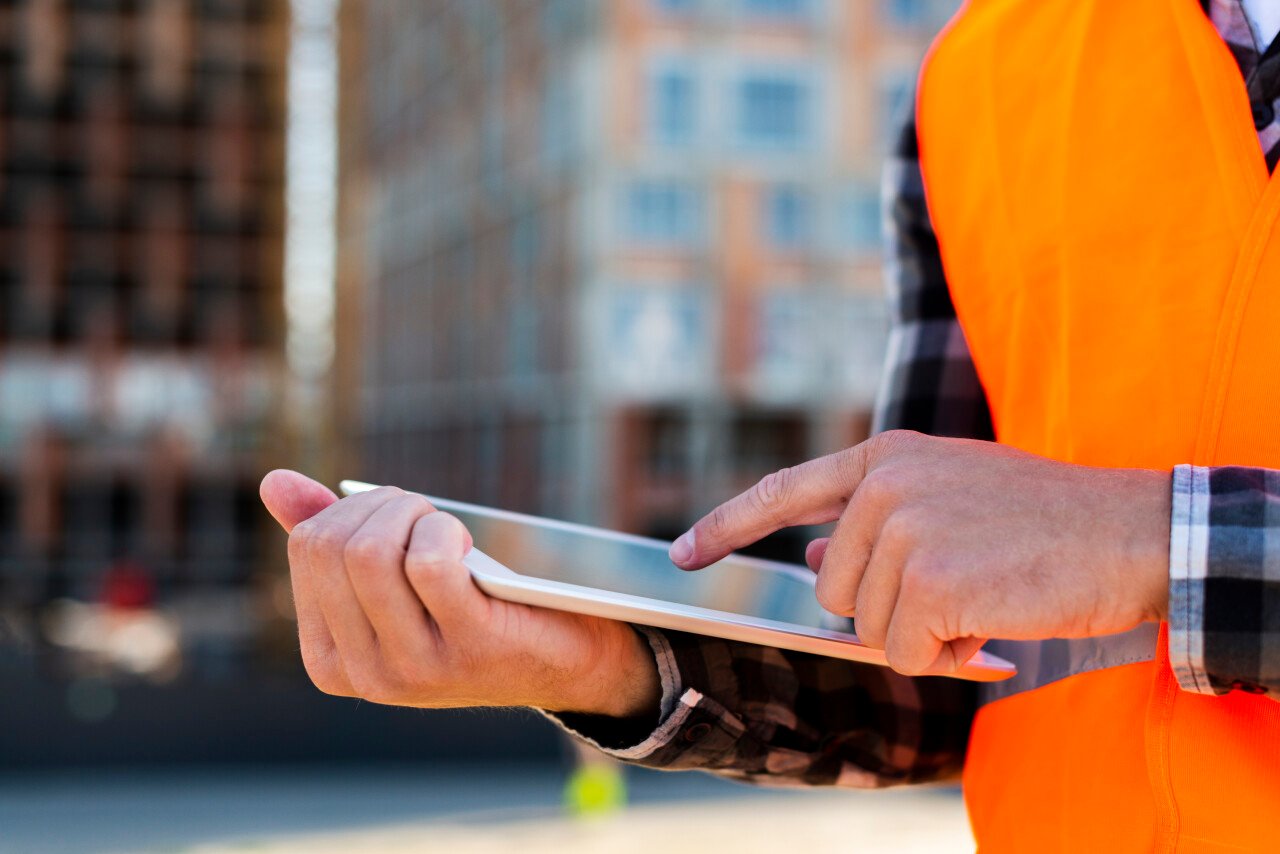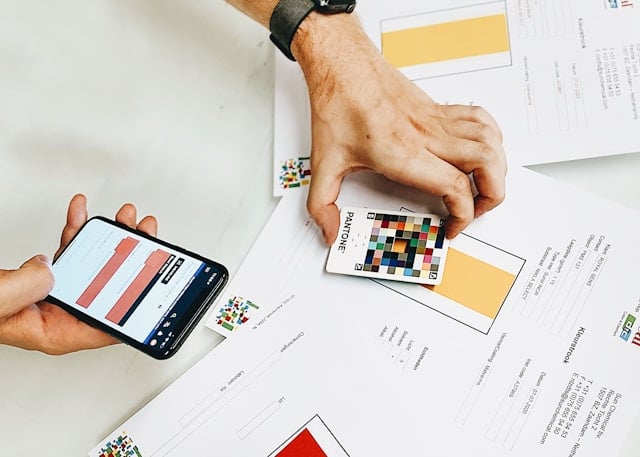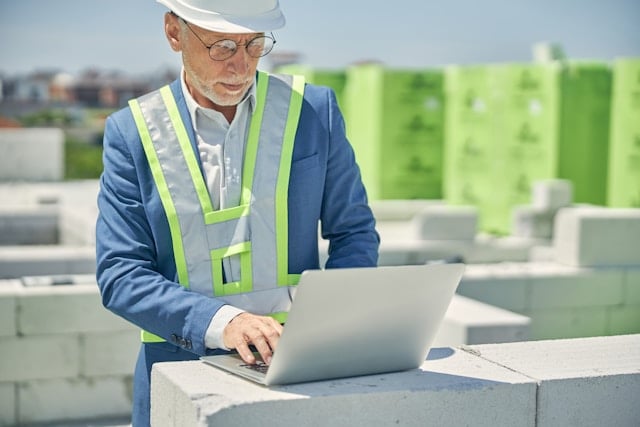Harnessing Smart Technologies for Sustainable Urban Development in the Gulf Region

As the Gulf region continues to expand and urbanize at a rapid pace, smart technologies are playing a critical role in shaping the future of sustainable development. From energy-efficient buildings to intelligent transportation systems, the integration of smart technologies is helping cities in the Gulf region address the growing demand for infrastructure while minimizing environmental impact.
1. Smart Energy Management
Energy consumption is a key challenge in the Gulf region, where extreme temperatures lead to high energy demands. Smart grids and energy management systems allow cities to optimize energy use by balancing supply and demand more effectively. These systems can monitor energy consumption in real time, reducing waste and ensuring that power is distributed more efficiently across residential and commercial areas.
2. Sustainable Building Design
Smart technologies are transforming the way buildings are designed and constructed, particularly in urban environments. Tools like Building Information Modeling (BIM) enable architects and engineers to create more energy-efficient designs by analyzing how a building will perform under various environmental conditions. In addition, smart sensors and automation systems can regulate lighting, heating, and cooling based on occupancy and weather conditions, reducing energy consumption.
3. Smart Transportation Systems
Urban mobility is another area where smart technologies are making a significant impact. Intelligent transportation systems (ITS) use real-time data to optimize traffic flow, reduce congestion, and improve public transportation networks. In cities like Dubai, smart transportation solutions are being integrated with electric vehicles, ride-sharing platforms, and autonomous transportation systems to create a seamless, eco-friendly urban mobility experience.
4. Waste and Water Management
Managing waste and water resources efficiently is essential for sustainable urban development. Smart waste management systems can monitor waste levels in real time, enabling more efficient collection schedules and reducing emissions from waste disposal vehicles. Similarly, smart water management systems can detect leaks, monitor consumption, and ensure that water is distributed efficiently in urban areas, helping to conserve this precious resource.
5. Smart City Infrastructure
In the Gulf region, smart cities like Masdar City in Abu Dhabi and Neom in Saudi Arabia are setting the standard for sustainable urban development. These cities integrate smart technologies into every aspect of infrastructure, from energy and transportation to healthcare and education. The use of IoT (Internet of Things) sensors, AI, and data analytics allows city planners to monitor and optimize urban systems in real time, improving quality of life while reducing environmental impact.
Smart technologies are at the forefront of sustainable urban development in the Gulf region, offering solutions to the challenges of rapid urbanization and climate change. By harnessing these innovations, cities can build smarter, greener, and more efficient infrastructure. MawadOnline, with its commitment to providing high-quality construction materials, is a valuable partner for developers in the Gulf who are building the sustainable cities of tomorrow.MawadOnline









